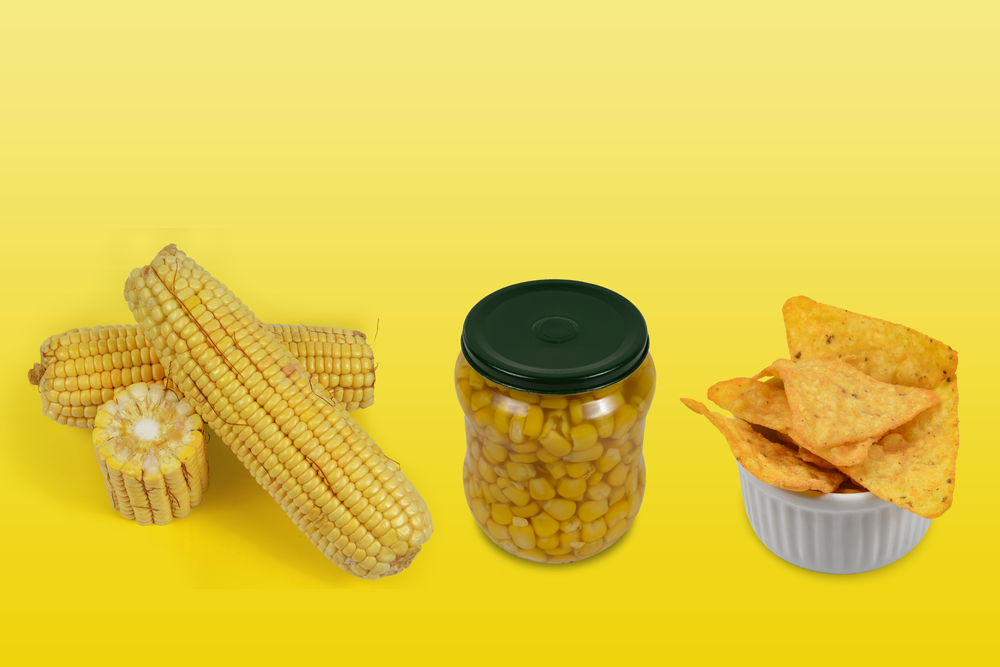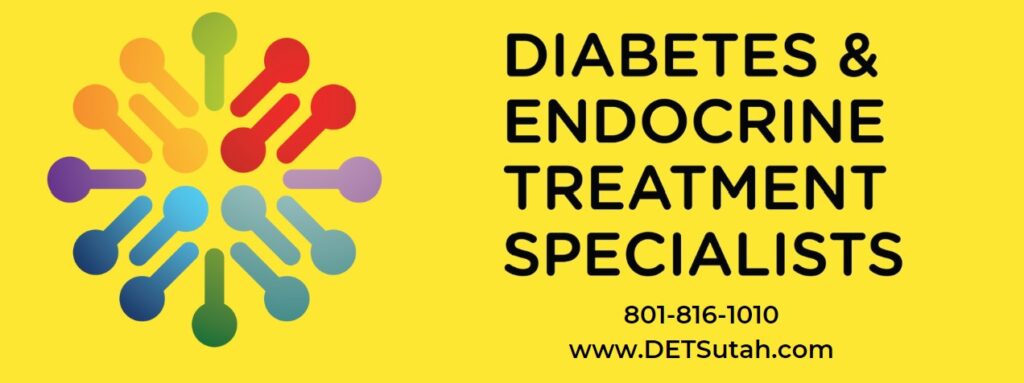Well, This is Frightening! The Impact of Ultra-Processed Foods on Health
In recent years, concerns about the potential health effects of ultra-processed foods have been growing. A study conducted by scientists from King’s College London for BBC Panorama sheds light on the impact of these foods on our health.
Additionally, ongoing research in France supports the link between ultra-processed foods and adverse health outcomes. In this blog post, we will explore the key findings from the study and delve into the implications and growing concerns of consuming ultra-processed foods.
Processed and Ultra-Processed Foods

Processed foods are food items that have undergone some form of alteration during preparation, typically involving the addition of various ingredients, preservatives, or cooking methods.
Ultra-processed foods, on the other hand, undergo extensive processing and contain a high number of additives, often resulting in a product that is far removed from its original state.
Examples of Processed Foods
Processed Cheeses: Cheese spreads, cheese slices, or cheese products with added ingredients and preservatives.
Deli Meats: Pre-packaged deli meats like ham, turkey, or salami often contain additives, sodium, and preservatives.
Potato Chips: Packaged potato chips are often high in unhealthy fats, sodium, and artificial flavors.
Packaged Cookies: Store-bought cookies usually contain refined flour, hydrogenated oils, and artificial additives.
Examples of Ultra-Processed Foods
Breakfast Cereal: They are highly processed cereals often contain refined grains, added sugars, artificial colors, and flavors.
Carbonated soft drinks: such as soda is loaded with high-fructose corn syrup, artificial sweeteners, and additives.
Frozen Dinners: Pre-packaged frozen meals often contain high levels of sodium, artificial ingredients, and unhealthy fats.
Instant Noodles: Convenient but typically high in sodium, artificial flavorings, and preservatives.
In recent years, concerns about the potential health effects of ultra-processed foods have been growing. A study conducted by scientists from King’s College London for BBC Panorama sheds light on the impact of these foods on our health
The Study: A Tale of Two Diets

A study featuring identical twins, Aimee and Nancy, who followed different diets for two weeks. Aimee consumed an ultra-processed diet, while Nancy consumed a diet consisting of raw or low-processed foods. The results were striking: Aimee gained nearly a kilo in weight, experienced worsened blood sugar levels, and saw an increase in blood fat levels. In contrast, Nancy lost weight during the same period.
These results highlight the mounting concerns among scientists regarding the potential health impacts of ultra-processed foods. Professor Tim Spector, an epidemiology expert at King’s College London, notes that evidence over the past decade has indicated that ultra-processed foods can be harmful, potentially leading to a range of diseases including cancers, heart disease, strokes, and dementia.
Consequences We May Have On Our Health
Ingredients such as preservatives, artificial sweeteners, and emulsifiers are frequently used in these products. Professor Marion Nestle, a food politics expert at New York University, points out that ultra-processed foods are highly profitable for companies, driving their widespread production and consumption.
The World Health Organization (WHO) has recently cautioned against the long-term use of artificial sweeteners, citing potential health risks. This warning aligns with numerous studies that have indicated the adverse effects of ultra-processed foods on human health. However, proving the specific ingredients’ role in causing harm can be complex, given the influence of other factors such as lack of exercise, smoking, and sugary diets.
Making Better Food Choices
To promote better health and well-being, it is essential to reduce the consumption of ultra-processed foods and prioritize diets rich in raw or minimally processed foods. Opt for natural, artisanal cheeses without added additives or preservatives, choose freshly sliced, unprocessed meats from the butcher, and explore homemade alternatives to packaged snacks like potato chips and cookies. Additionally, preparing homemade meals using fresh ingredients and avoiding instant noodles or frozen dinners can contribute to a healthier lifestyle.
Here is another interesting article to read about Ultra-processed foods



